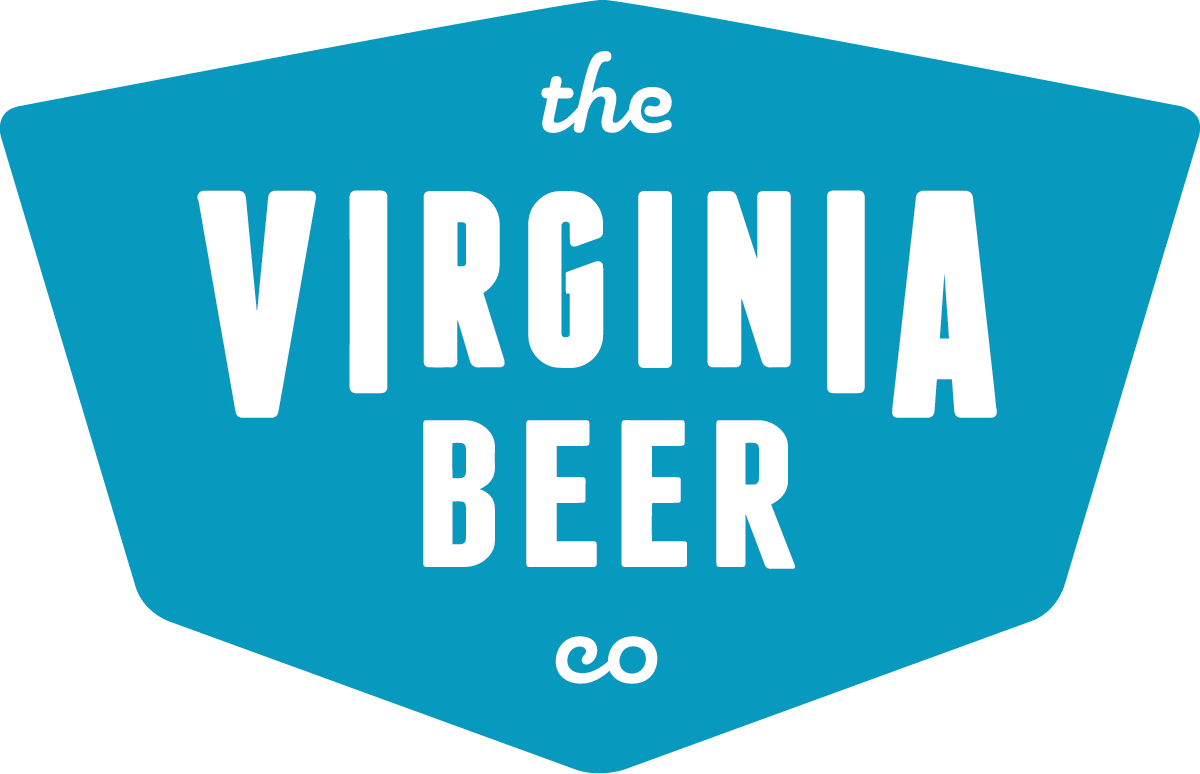As referenced in the original post about our location search, the 21st Amendment repealed Prohibition in 1933 and left the regulation of alcohol to the individual states. The laws that are in place as a result of this decision were an important consideration for us when we began researching potential locations. The most important legal issues to take into account when considering opening a brewery are related to sales and distribution. Amazingly enough, neo-Prohibitionist sentiment is still alive and well today; most alcohol laws are anachronistic and change has been moving at a snail’s pace.
In 2011, New Belgium Brewing Company (Fort Collins, CO), Oskar Blues Brewing Company (Lyons, CO) and Sierra Nevada Brewing Company (Chico, CA) all announced plans for new East Coast facilities in order to reduce the environmental impact and the cost of shipping beer across the country. Multiple states responded to the RFPs, but, in the end, all three major breweries ended up selecting North Carolina. One of the major considerations for these breweries was the ability to sell beer for on-premise consumption at the brewery. Selling beer in a taproom or tasting room is a huge revenue generator for craft breweries but is still illegal in the majority of the United States. North Carolina ensured that they would attract the breweries by preemptively passing a bill that allowed all breweries to sell their products on-site. Virginia was reportedly a finalist for one or more of the breweries, but the fact that on-premise sales weren’t allowed in the Commonwealth had a seriously detrimental effect on the effort to land the investment, jobs, and prestige associated with those companies.
In response to the failure to attract those three breweries, the Virginia legislature became more open to idea of amending laws related to on-premise consumption. With the strong support of the Virginia Craft Brewers Guild and local craft breweries throughout the Commonwealth, Senate Bill 604 was introduced and passed in early 2012. On July 1, 2012, breweries across Virginia gained the right to open tasting rooms and taprooms for the purpose of selling beer that is produced in their own facilities. This law change not only successful in terms of attracting investment from large craft breweries looking for new locations (Green Flash Brewing Company from San Diego, CA, selected Virginia Beach for their new East Coast facility shortly after S.B. 604 passed), but it also set the stage for the growth of Virginia’s craft beer industry as a whole. Brewing is extremely capital-intensive and it takes significant time to generate revenues when the only available sales channel is wholesale distribution to restaurants, bars, and retail accounts. The ability to sell beer on-premise provides an immediate opportunity to generate positive cash flow through high margin sales, and is one the main reasons we chose Virginia as the location for our new brewery.
Laws related to distribution are equally important. Another remnant of post-Prohibition lawmaking, the three-tier system of alcohol distribution common in the United States denies producers the ability to sell directly to retailers. The third tier, wholesale distributors, are required to act as the middlemen in all transactions. Like sales laws, the current form of the three-tier system varies state by state. Franchise laws are used to enforce the three-tier system and can be hugely limiting for the growth of small craft breweries. An excellent explanation of the franchise law challenges currently facing small brewers can be found in Steve Hindy’s recent New York Times opinion piece titled, “Free Craft Beer!” Like most states, Virginia has strong franchise laws that support the interest of the wholesaler over the interest of the small craft brewer. However, Virginia law provides breweries with the right to self-distribute their own products as well. This is something that attracted us to the Commonwealth and was part of our original business plan. While we’ve changed course on our desire to self-distribute, it is good to know that Virginia offers the option should we need it in the future.
In recent days Virginia lawmakers have continued making positive steps to assist the growth of craft breweries. For example, Senate Bill 430, which creates a special farm-brewery license for small brewers, was passed in March of this year. As members of the Brewers Association and the Virginia Craft Brewers Guild, VBC plans to take an active role in advocating for craft breweries and shaping future beer-related lawmaking in the Commonwealth. As of now we are planning to focus on two initial topics: franchise law reform and farmer’s market access. VBC fully endorses the franchise law reform effort that is currently being led by the Brewers Association, which would allow exemptions (or “carve outs”) for craft breweries that account for small portions of a wholesale distributor’s overall business. In terms of farmer’s markets, unlike wineries, breweries in Virginia are not allowed to sample or sell beer at farmer’s markets and other similar events. The ability to do so would be another positive step for breweries and craft beer consumers. Virginia’s recent flexibility towards craft breweries bodes well for future success in these and other lawmaking initiatives.
